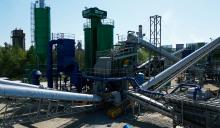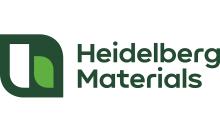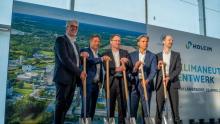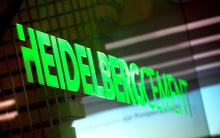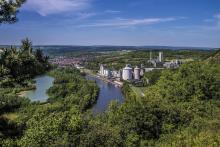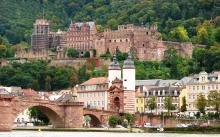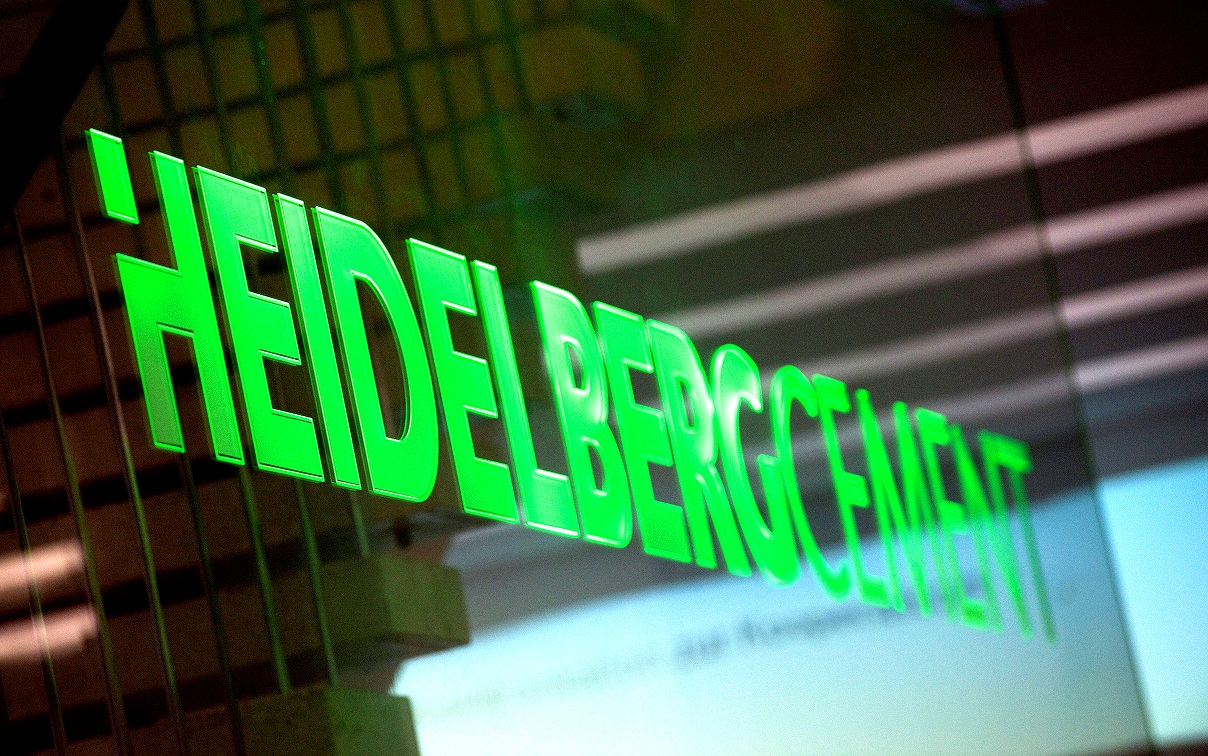
In ReConcrete-360°, demolished concrete is crushed using novel processes and selectively separated into its components: in addition to sand and gravel, hardened cement paste is also obtained in this way. HeidelbergCement says this can be reused as a valuable, low-carbon raw material in clinker and cement production, where it can replace natural limestone - keeping with the principles of the circular economy. In addition, the hardened cement paste can absorb CO2, bind it permanently and thus act as a carbon sink.
Nicola Kimm, member of the managing board and chief sustainability officer at HeidelbergCement, said: "The IKU award shows that our research is making an important contribution to sustainable construction and thus to climate protection. Our ReConcrete-360° concept proves that concrete has the potential to be the most sustainable building product over its entire life cycle from production to recycling.”
Dr. Wolfgang Dienemann, director global R&D at HeidelbregCement, said: ”With ReConcrete-360°, we have succeeded in developing a limestone substitute from demolished concrete that also allows us to use the carbon-containing exhaust gases from cement production. A small revolution with a big impact: In Germany alone, the CO2 savings potential through this process is ten million tonnes per year. The IKU award underlines that we can be proud of our pioneering innovation.”
The IKU was awarded this year by the German Federal Ministry for Economic Affairs and Climate Action and honours outstanding environmental innovations by German companies and research institutions.

